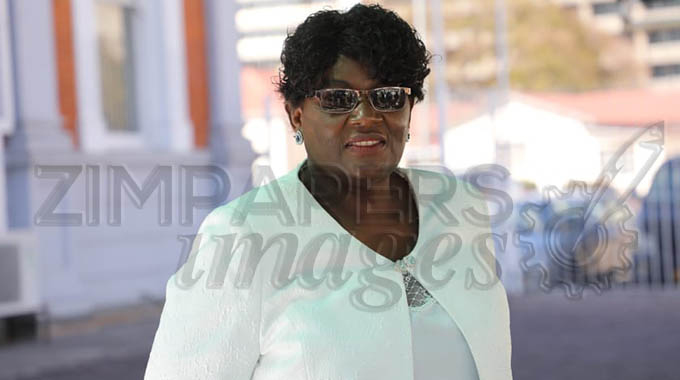MSU to represent Zim at IHL Moot Court

Fidelis Munyoro-Chief Court Reporter
THE Midlands State University’s all-female moot team will next month represent Zimbabwe at the All-Africa International Humanitarian Law Moot Court competitions in Arusha, Tanzania, after winning the national finals held at the High Court in Harare last Friday.
The competition is co-hosted by the International Committee of the Red Cross (ICRC) and the Raoul Wallenberg Institute of Human Rights and Humanitarian Law (RWI).
The MSU team of Eunah Ndou, Leonie Jerie and Siphathisiwe Mitchel Lunga, beat the University of Zimbabwe team in the finals and walked away with the trophy.
Thabo Magwaliba, who was voted the best orator in the finals, represented the UZ team, along with Claudio Faro and Nadia Mutisi.
Zimbabwe has over the years become well-known at the All-Africa IHL Moot Court competitions.
Judge President Mary Zimba-Dube, who presided over the proceedings, hailed the ICR and Raoul Wallenberg Institute for hosting the moot court competition, which she said was critical in raising awareness of international humanitarian issues in armed conflict.
“This competition is aimed at strengthening our capacity to debate and apply international humanitarian law to armed conflicts and issues concerning victims thereof,” she said.
The competition, which started in 2006, provides clinical legal education on international humanitarian law.
Justice Dube urged governments, international organisations, civic society and military forces to continue to advocate and call for respect of international humanitarian law in armed conflicts.
She commended the other teams for their polished performances. “The level of argument was great,” Justice Dube said. “You were able to articulate the issues within a short space of time and showed skill to think on your feet.”
To this end, Justice Dube said the participation of the teams in the competition had equipped them with confidence, education and invaluable experience.
Head of the ICRC office in Harare, Anna Johanne, congratulated all participating teams adding that international humanitarian law is at the heart of the ICRC’s work.
“The moot court is a unique way of teaching the skills and knowledge of international humanitarian law to future leaders as it takes the law out of books and into practice. The purpose of the moot court is to educate students on how international humanitarian law is used as a tool to protect people affected by armed conflict and achieve humanitarian objectives,” she said.
RWI representative, Ms Moreblessing Mbire, said the Moot Court competition presented an opportunity for students to build on their confidence and improve their skills as future lawyers. The competition has proved valuable with past participants going on to be amongst the top advocates and lawyers in Zimbabwe’s legal community while others have become part-time academics teaching international humanitarian law in Zimbabwe.
The preliminary round, held on Wednesday last week, saw law students from the UZ, MSU, Great Zimbabwe University and Zimbabwe Ezekiel Guti University fighting for a place in the final.









Comments